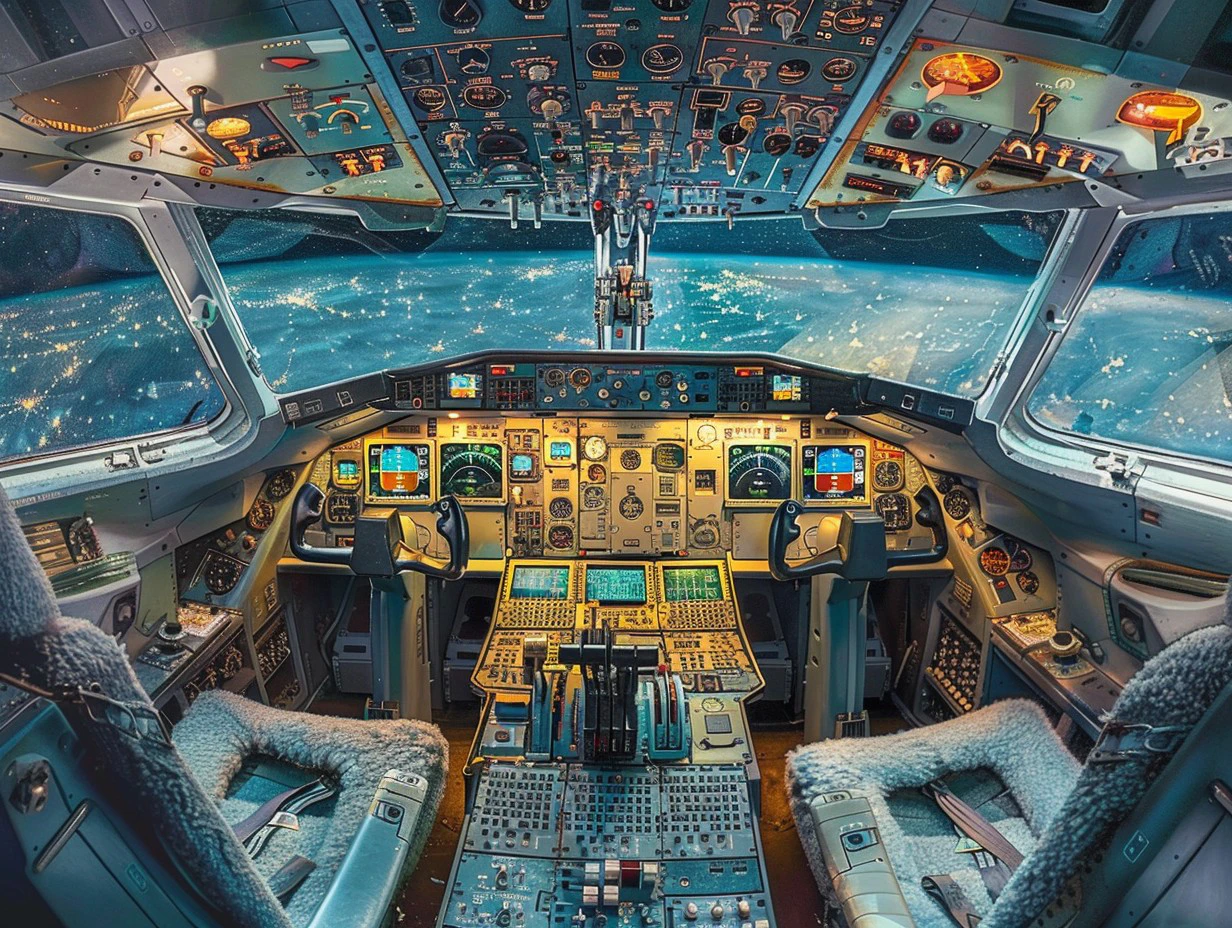The skies are facing a problem that might change how we fly. There’s not enough pilots for all the planes that need to fly. This issue is big, with a shortage of over 12,710 pilots and it’s getting worse. By 2032, we’ll need 13,300 more pilots we don’t have. This isn’t just about people flying to vacation spots. It’s about getting goods delivered fast and keeping the military ready. A company called Merlin Labs has a bold plan to fix this by using AI, or artificial intelligence, in planes.
Merlin Labs’ AI pilot
Merlin Labs is on a mission to make flying better with AI. Their idea is to have an AI system help or even replace one of the pilots in cargo planes. This isn’t about removing humans from the cockpit but about making their jobs easier and safer. The AI would handle basic flying tasks like steering, navigating, and talking to air traffic control. This lets human pilots focus on the bigger picture.
Matt George, the CEO of Merlin Labs, points out that air traffic doubles every 15 years. More people want fast deliveries and quick flights. To keep up, people need to think differently about how we use the skies. Merlin’s AI can make flights safer and help handle the growing demand for air travel and shipping.
The path forward
Even with AI, human pilots are still in the picture. The goal is to blend human skills with AI’s abilities. This combo can make flying more efficient and keep up with the world’s needs. Merlin has even started testing their AI system on military planes, like the KC-135 Stratotanker used for refueling jets mid-air. They’re also working on getting approval to use their technology in commercial flights.
The road ahead is about using technology to tackle big challenges. By bringing AI into the cockpit, humanity is not just solving a shortage. They are entering a new era of aviation that could be safer and more capable than ever. As this tech gets better and earns the trust it needs, the sky’s the limit for what flying can become.
This change won’t happen overnight, but the work Merlin Labs is doing could be a big part of how planes fly in the future. It’s a mix of smart machines and skilled humans making sure we can all get where we’re going, whether that’s a package on your doorstep or you jetting off to somewhere new.





